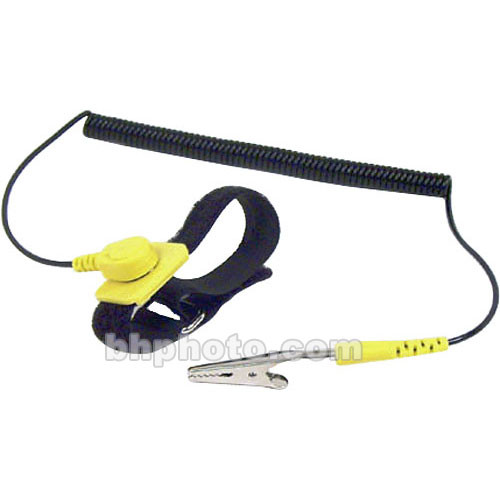I have been grinding a few blades, and have put a few together, this is more a hobby than a business for me.
I have a Grizzly 2x72 belt grinder.
I replaced the platen recently with a piece of pyro ceramic glass, that i bought at a local wood stove dealer,
i love the surface, but now i get the (you know what) shocked out of me.
The arcs come from the platen steel plate across through my gloves and hand.
Worse than HEI ignition on cars that I've worked on.
I took the belt off and ran the motor, no shock. Put the belt on and zap.
My electric system has a ground installed, and i am on a 20 amp breaker, with grounded outlets.
Has this happened to anyone else, and how do i fix the problem?
What is the problem, is the glass generating the field, static,... I'm stumped.
Thanks for your input...George
I have a Grizzly 2x72 belt grinder.
I replaced the platen recently with a piece of pyro ceramic glass, that i bought at a local wood stove dealer,
i love the surface, but now i get the (you know what) shocked out of me.
The arcs come from the platen steel plate across through my gloves and hand.
Worse than HEI ignition on cars that I've worked on.
I took the belt off and ran the motor, no shock. Put the belt on and zap.
My electric system has a ground installed, and i am on a 20 amp breaker, with grounded outlets.
Has this happened to anyone else, and how do i fix the problem?
What is the problem, is the glass generating the field, static,... I'm stumped.
Thanks for your input...George
Last edited:


